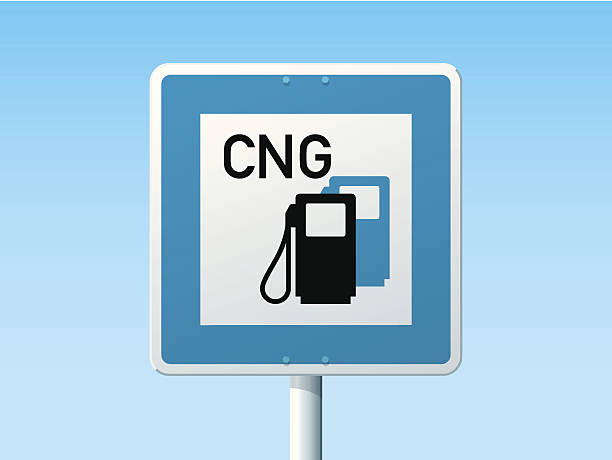
Cleaner, Cheaper, and More Efficient: The Benefits of Cng Fuel
Introduction
CNG vehicles offer numerous benefits, including lower emissions, cost savings, and fuel efficiency. While there are some challenges to widespread adoption, such as fuel availability and upfront costs, many fleet operators and individuals are turning to CNG vehicles as a way to reduce their environmental impact and lower their transportation costs.

As technology continues to improve and the demand for alternative fuels increases, we can expect to see more CNG vehicles on the road in the coming years. Overall, CNG represents a promising alternative to traditional gasoline and diesel vehicles and has the potential to significantly reduce emissions and improve air quality in cities and communities around the world.
CNG usage worldwide has seen some significant developments in recent years. Many countries, including India, Pakistan, and Iran, have invested heavily in CNG infrastructure and have implemented policies to promote the use of CNG vehicles.
In Europe, CNG vehicles are becoming increasingly popular, with countries such as Italy and Germany leading the way in terms of adoption. The transportation sector is also seeing more CNG-powered buses, trucks, and even ships, with major companies like UPS and Amazon investing in CNG fleets.
Advancements in the CNG Market
Additionally, there have been recent advancements in CNG technology, including the development of more efficient engines and the use of biomethane as a renewable source of CNG. These latest developments demonstrate the growing interest in CNG as a clean and sustainable fuel source for transportation.
Read more about How CNG vehicles are changing the game in the market?
In addition to the developments mentioned earlier, there are several other notable trends in the use of CNG worldwide. One trend is the increasing use of CNG as a transportation fuel in developing countries, where air pollution is a major concern.

Many of these countries are investing in CNG infrastructure to address this issue and to reduce their dependence on imported oil. Another trend is the growing use of CNG in the heavy-duty transportation sector, where the fuel's cost savings and environmental benefits are particularly attractive.
This trend is expected to continue as more companies and governments prioritize sustainability and seek to reduce their carbon footprint. Finally, the CNG industry is also exploring new applications for the fuel, such as in power generation and as a feedstock for chemicals and other products. These developments demonstrate the versatility and potential of CNG as a fuel source beyond just transportation.
Another recent development in CNG usage worldwide is the emergence of renewable natural gas (RNG) as a potential source of CNG. RNG is produced from biogas sources, such as landfills and wastewater treatment plants, and has the potential to significantly reduce emissions and support a more sustainable fuel system.
RNG can be used interchangeably with traditional natural gas, making it a promising way to reduce emissions in existing CNG infrastructure. In addition, many governments and companies are beginning to explore carbon capture and utilization (CCU) technologies as a way to reduce the carbon footprint of CNG production and usage. These developments are expected to play a significant role in the continued growth and adoption of CNG as a clean and sustainable fuel source in the years to come.
Conclusion
In conclusion, the latest developments in CNG usage worldwide highlight the growing interest in this fuel as a clean and sustainable alternative to traditional gasoline and diesel vehicles. From investments in CNG infrastructure and policies promoting the use of CNG vehicles, to advancements in CNG technology, and the emergence of renewable natural gas and carbon capture and utilization technologies, there is significant momentum behind CNG as a fuel source. As the world seeks to reduce its carbon footprint and address climate change, CNG has the potential to play a significant role in the transportation sector, particularly in heavy-duty vehicles, where the fuel's cost savings and environmental benefits are particularly attractive. The continued growth and adoption of CNG will require continued investment, technological innovation, and policy support, but the potential benefits for air quality, greenhouse gas emissions, and energy security are significant.
Appreciate the creator